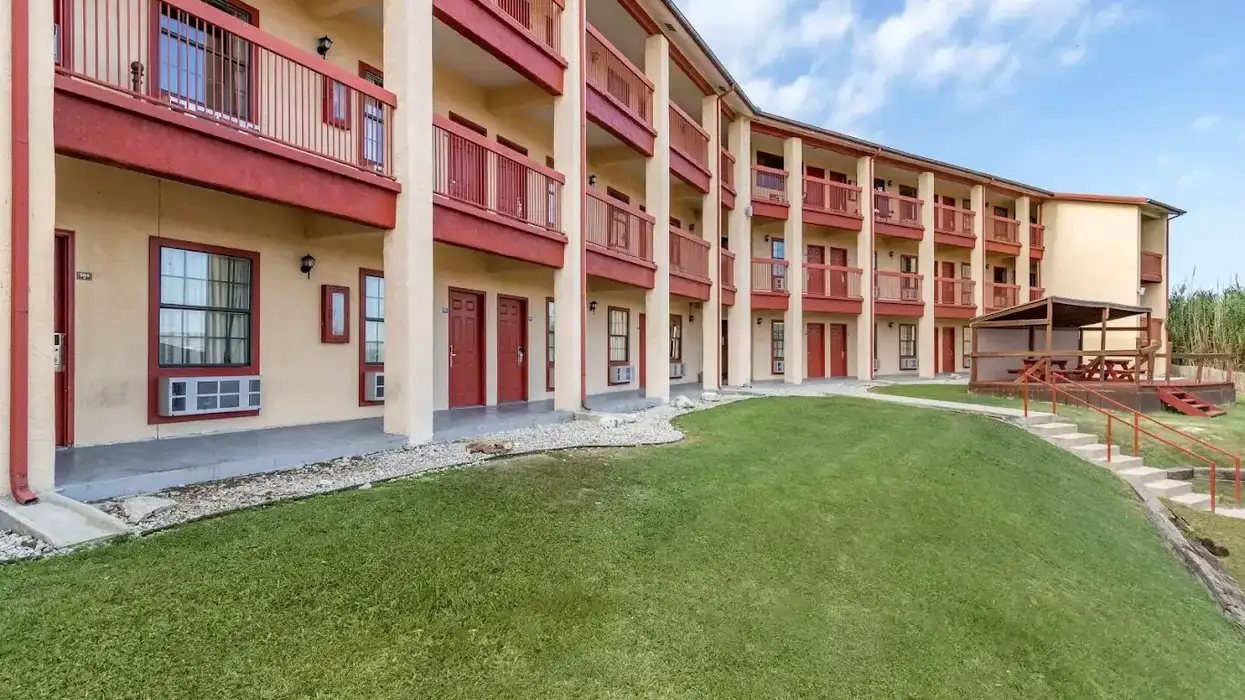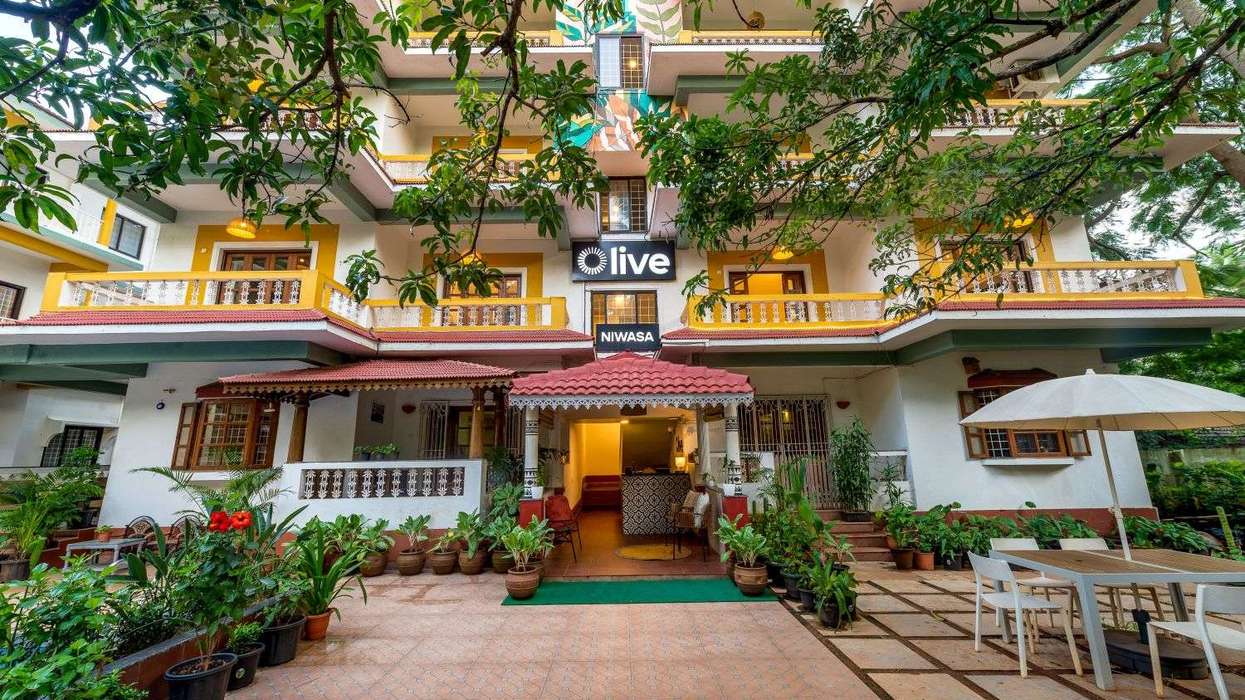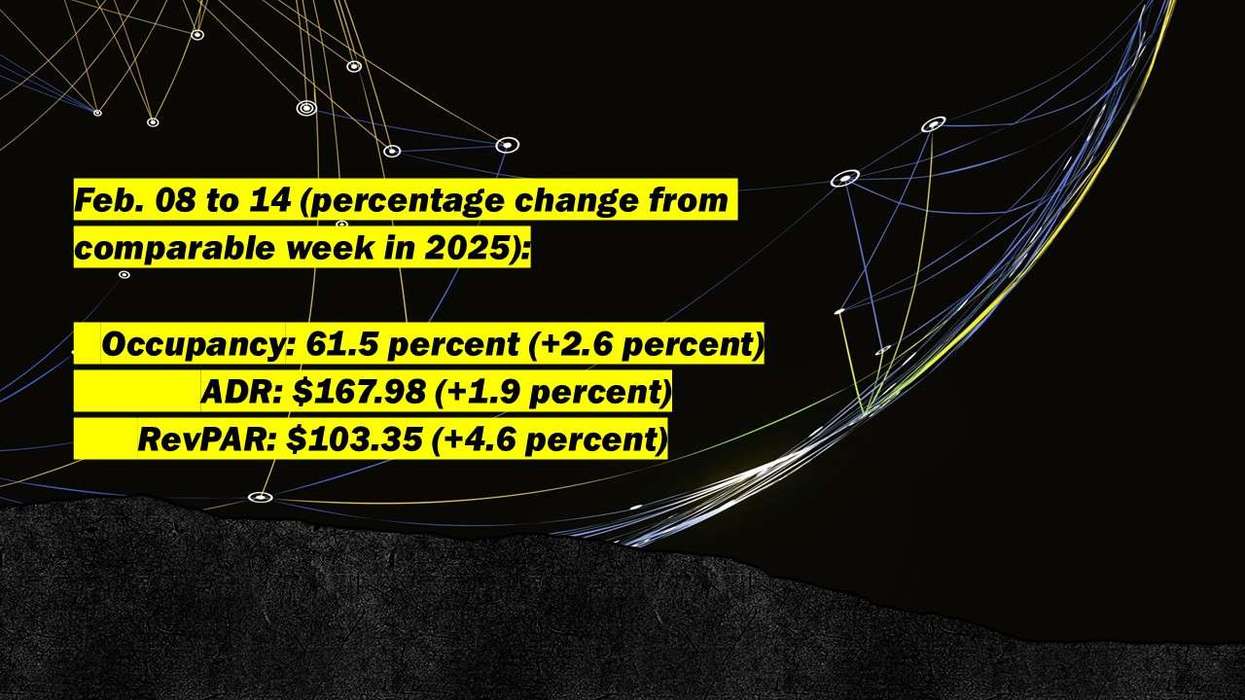Summary:
- Global hotel rates are expected to remain stable through 2026, according to AMEX GBT.
- New York is a key business travel and meetings destination.
- India is likely to be a focus for travel programs during 2026 negotiations.
GLOBAL HOTEL RATES are expected to remain stable through 2026, as geopolitical tensions and potential U.S. tariffs limit demand and constrain price increases, according to American Express Global Business Travel. New York remains a popular destination for business travel and meetings.
AMEX GBT’s Hotel Monitor 2026, an annual forecast of global hotel rates in business travel destinations, identified India as a key market, with hotel rates and occupancy set to rise.
“This year’s forecast reveals a global environment where geopolitical uncertainties are tempering hotel rate increases,” said Dan Beauchamp, Amex GBT’s vice president for consulting. “These insights allow businesses to make more informed travel decisions. Understanding local market conditions will help companies optimize travel budgets and strategies.”
The report also projects continued rate increases for high-end accommodation based on demand.
New York hotel rates are projected to rise 4 percent in 2026. Despite expected softening in inbound U.S. travel from tariff uncertainty, New York remains a leading destination for business travel and meetings. The forecast is based on company data and IMF inflation and GDP projections.
India is expected to see rising hotel rates and occupancy in 2026. Rate growth will be below last year’s levels but above regional and global averages. India is likely to be a focus for many travel programs during 2026 negotiations. Bengaluru, a major technology and AI hub, recorded the country’s highest occupancy and ADR in the first quarter of 2025.
Simon Fishman, Amex GBT’s vice president for global hotels, said data shows news cycles can affect hotel prices in unpredictable ways.
“Amex GBT’s hotel marketplace gives companies access to over two million properties across 180 countries, including more than 45,000 hotels with pre-negotiated discounts and amenities via the Preferred Extras Hotel Program,” he said. “It enables companies of all sizes to adapt to changing business needs while accessing the best rates and traveler experiences.”
A May report by commerce media firm Criteo found that hotel booking values in Asia-Pacific rose 23 percent in early 2025, compared with 2 percent growth in the Americas.






